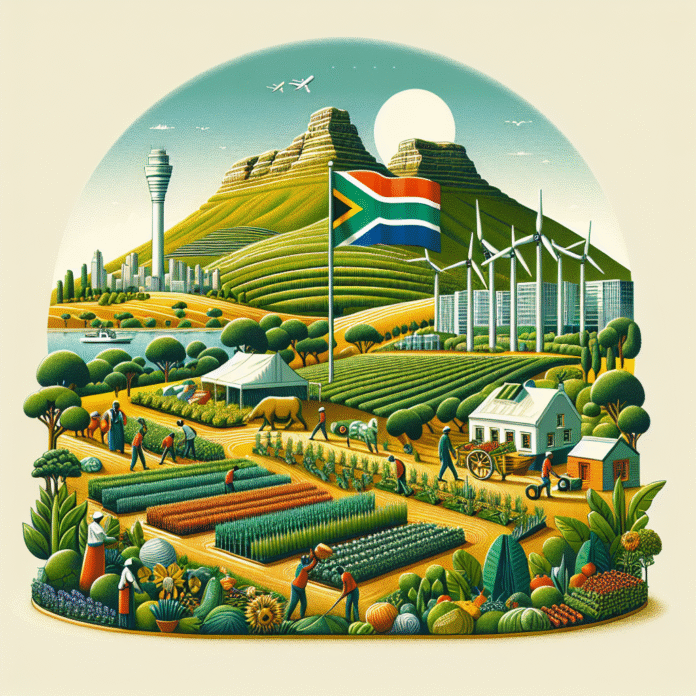SA Leads G20 Agricultural Sustainability Reforms
South Africa Champions Agricultural Sustainability Reforms at G20
In a significant move towards enhancing global agricultural sustainability, South Africa has taken the lead in spearheading reforms at the G20 summit. This initiative aims to address pressing issues related to food security, climate change, and sustainable farming practices.
Key Focus Areas of the Reforms
The reforms focus on several critical areas, including:
- Climate Resilience: Developing strategies for farmers to adapt to the impacts of climate change, such as droughts and floods.
- Resource Management: Promoting efficient use of water and soil resources to enhance productivity while minimizing environmental impact.
- Innovation in Agriculture: Encouraging research and development of sustainable agricultural technologies that can improve crop yields and reduce reliance on chemical fertilizers and pesticides.
- Food Security: Ensuring that all nations have access to safe and nutritious food, addressing the challenges of food wastage and supply chain disruptions.
South Africa’s Role in the Global Dialogue
As a key player in the G20, South Africa is leveraging its unique position to advocate for policies that support smallholder farmers and promote equitable agricultural practices. By fostering dialogue among member countries, South Africa aims to create a collaborative approach to tackle global food challenges and enhance the resilience of agricultural systems.
Collaboration with International Organizations
In addition to its leadership at the G20, South Africa is partnering with international organizations, NGOs, and the private sector to implement best practices in sustainable agriculture. These collaborations are essential for sharing knowledge, resources, and technologies that can lead to innovative solutions for food production.
Looking Ahead
The reforms initiated by South Africa at the G20 summit represent a crucial step towards a more sustainable and secure food future. As the global community faces the dual challenges of climate change and population growth, these efforts will be vital in ensuring that agricultural systems can meet the needs of current and future generations.
By prioritizing sustainability in agriculture, South Africa is not only addressing its own national challenges but also setting an example for other nations to follow in the pursuit of a more resilient and equitable food system.


